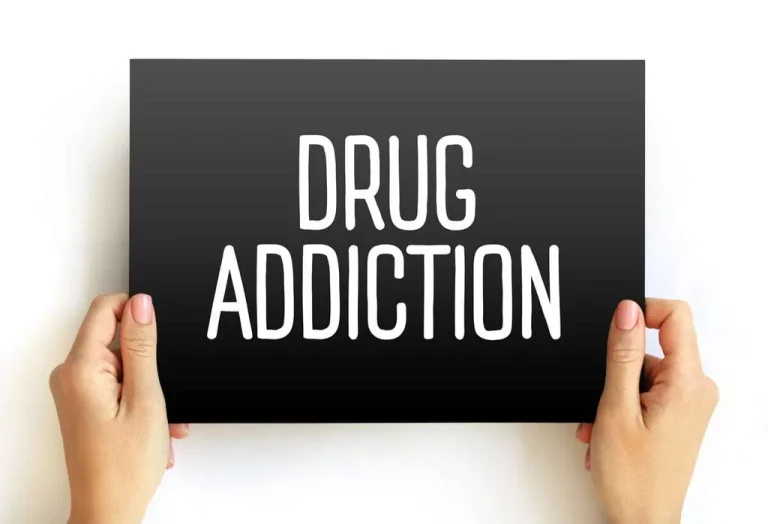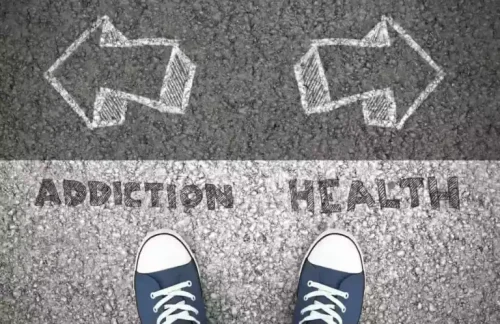Sober living
Alcohol and Brain Fog: Clear Your Mind During Recovery

Slower processing and response times to stimuli may reduce responsiveness and coordination. A condition of bewilderment may develop, causing people to feel lost or puzzled about what is happening around them, giving them a feeling of depersonalization. There are a number of different symptoms of alcohol-related brain damage (ARBD) but with the right support and treatment many of these can improve. In addition, acupuncture can also help improve your sleep quality, which can further help reduce the symptoms of alcohol fog or brain fog in general. This is due to the fact that chronic stress can lead to adrenal exhaustion, which causes cognitive dysfunction symptoms such as forgetfulness, lack of attention, and irritability.
- They should seek mental health services and pursue therapy that deals with all of their conditions at once.
- Instead of removing the “unhealthy” foods you regularly eat, start by making nutritious additions to your meals and snack times.
- The first is Ribose-5-Phosphate which is required for the synthesis of nucleic acids and other complex sugars.
What is considered heavy drinking?
Alcohol-related brain damage is difficult to recover from, but not impossible. At our addiction recovery center, we specialize in helping people like you break free from the grip of alcohol addiction. Our team of skilled and experienced addiction specialists is here to provide the support, guidance, and personalized treatment you need to embark on your journey to recovery. These combined effects on memory circuits lead to the so-called “brain fog” often reported by heavy drinkers. Brain fog is a fancy name for mental confusion, decreased clarity of thought, and an inability to focus properly. People with alcohol-related brain fog describe feeling mentally sluggish, slow, and fuzzy.
How To Get Rid of Brain Fog From Alcohol Withdrawal
People with a history of alcohol misuse may not be able to consume alcohol safely. It’s increasingly common for someone to be diagnosed with a condition such as ADHD or autism as an adult. A diagnosis often brings relief, but it can also come with as many questions as answers.
Benefits of Inpatient Treatment for Depression and Anxiety
We then describe evidence-based treatments you can recommend to patients to help the brain, and the patient as a whole, to recover. Alcohol increases the effects of gamma-aminobutyric acid (GABA), for example. This causes sluggish movement, slurred speech, and slow reaction time when you are drunk. Alcohol also decreases the effects of glutamate, which regulates dopamine in your brain’s reward center.
This dependence plays a significant role in the intensity and duration of brain fog during withdrawal. The more prolonged and heavier the alcohol use, the greater the probability that the brain fog will remain for a longer time. Although alcohol can cause significant brain damage, an emerging body of research suggests that modest alcohol https://ecosoberhouse.com/ consumption may be beneficial for the brain. Perhaps the most significant psychological effect, however, is addiction. Over time, people who consume large quantities of alcohol develop a tolerance to the drug. This dependency means that their brains crave the drug, causing them to experience withdrawal when they do not drink.
- Some brain fog causing foods are obvious, such as alcohol and caffeine.
- It also provides an overview of the alcohol withdrawal timeline process and when to discuss your drinking with your healthcare provider.
- Depending on who you ask, you might be told to drink a few glasses of red wine a day or to avoid alcohol altogether.
- After only one night of poor sleep, our cognitive functions and performance start to decline.

Walking, jogging, or yoga are all good forms of regular exercise that increase blood flow to the brain and hence enhance cognitive function. These symptoms could go from poor cognition to reduced mental clarity. Usually, the most common symptom is that people who struggle to concentrate may find it challenging to focus on things or hold their attention for long periods on any given task. Another common symptom is forgetting things frequently or having difficulty recalling recent events without any obvious explanation. яндекс

Experts say some gradual decline in brain functioning is expected with age, so any mild memory loss symptoms must be considered in context with a person’s age. Brain fog from alcohol typically lasts for 8 to 24 hours after drinking. However, the time frame can be longer for people who regularly consume heavy amounts of alcohol and then stop drinking. We often don’t realize it, but water actually helps our brain cells communicate with each other.

Long-term alcohol consumption can lead to significant changes in the brain, including the loss of brain tissue, and a decrease in overall brain size. This can result in cognitive impairments such as memory loss, difficulty learning new information, and a reduced ability to plan and make decisions. You can rest assured that brain fog goes away just like your other withdrawal symptoms.

Is Wernicke-Korsakoff Syndrome Preventable?
Chronic fatigue syndrome (CFS)—also known as myalgic encephalomyelitis/chronic fatigue syndrome (ME/CFS)—causes cognitive and physical fatigue that lasts more than six months. Foggy, dry, or cloudy thinking could be stress or one of these other conditions. HangoverCure.org is dedicated to providing quality information alcohol brain fog on the subject of hangovers, alcohol and the products and solutions available to support a healthy lifestyle. HangoverCure.org is dedicated to providing quality information on the subject of hangovers, alcohol and the products and solutions available to get you feeling great again after drinking too much alcohol.
But dopamine-containing neurons are activated by motivational stimuli, and drinking can easily become that stimulus. Before we dive into alcohol’s impact, it’s important to remember that the amount you drink completely changes its overall effect on your brain health. But, there is some evidence showing that light and moderate drinking may have its upsides too. Read on to find out how exactly alcohol changes your dopamine levels, and what you can do to focus on healthier rewards and ultimately become more mindful of your drinking. But you can take steps to improve your mental and physical health to reduce your risk of symptoms becoming bothersome. Brain fog is a common group of symptoms that affect how you think, remember and concentrate.

